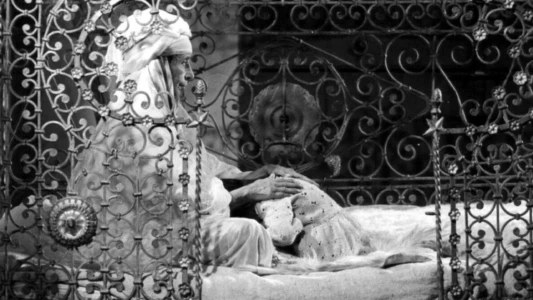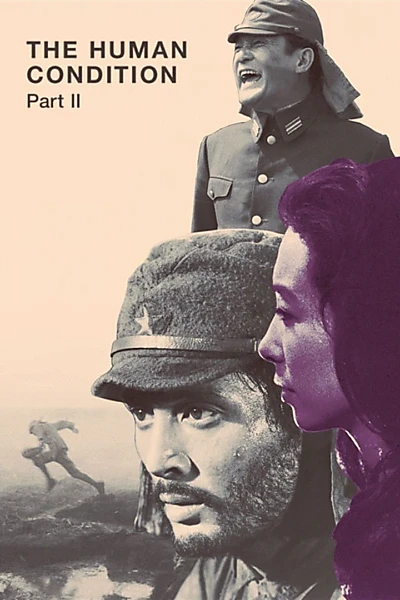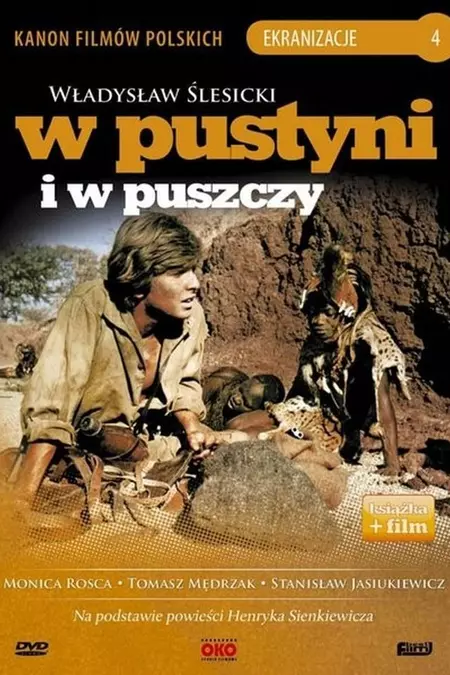The Nouba of the Women of Mount Chenoua (1978)
October 16, 1978Release Date
The Nouba of the Women of Mount Chenoua (1978)
October 16, 1978Release Date

Plot.
Where to Watch.
Cast & Crew.
Media.


Details.
Release DateOctober 16, 1978
Original Nameنوبة نساء جبل شنوة
StatusReleased
Running Time1h 55m
Genres
Last updated:
This Movie Is About.
Wiki.
La Nouba des femmes du Mont Chenoua (English: The Nubah of the Women of Mount Chenoua) is a 1979 Algerian documentary film directed by Assia Djebar. The film was the first of two films directed by Djebar during her decade-long hiatus from writing, produced outside of Algerian filmmaking circles.
The accompanying soundtrack was composed by Hungarian Béla Bartók, who visited in Algeria in 1913 to study popular music. The film is dedicated to the musician, as well as to Zoulikha Oudai (born Yamina Echaïb), a heroine of Algerian colonial resistance to whom Djebar also dedicated La Femme sans sépulture four decades later.
The film borrows the structure and takes the title of nubah, a traditional Andalusian music form composed of five parts.
The documentary sparked debate in Algeria, and was screened in Carthage in 1978 and at the Venice Biennale a year later, where it won the International Critics' Prize. It is a work studied in many American universities. Only one existing digital copy of the film remains.
You May Also Like.

Furious 7 (2015)

Indiana Jones and the Last Crusade (1989)

Seventh Son (2014)

The Polar Express (2004)

Step Up 3D (2010)

The Next Karate Kid (1994)

Thunderball (1965)

Licence to Kill (1989)

Tremors 2: Aftershocks (1996)

Ocean's Twelve (2004)

Conquest of the Planet of the Apes (1972)

Naruto the Movie: Guardians of the Crescent Moon Kingdom (2006)

Battle for the Planet of the Apes (1973)

Blood Ties (2013)

A Nightmare on Elm Street: The Dream Child (1989)

Vehicle 19 (2013)

Tom and Jerry: A Nutcracker Tale (2007)

The Human Condition II: Road to Eternity (1959)

In Desert and Wilderness (1973)



